Jammu and Kashmir voted for the assembly elections for the first time since 2014 as the central government's move of abrogating Article 370 of the Indian Constitution in 2019, stripping the erstwhile state of its special status and divided it into two Union Territories - J&K and Ladakh, deferred the polls indefinitely.
Polling for the first phase of J&K assembly elections took place on September 18, for the second phase on September 25 and the for the last one on October 1.
The counting of votes will take place on October 8, coinciding with that for Haryana assembly election.
2014 Jammu & Kashmir Elections Results
The 2014 Jammu and Kashmir Assembly election was held in five phases from November 25 – December 20 that year, when the now-union territory was a state. The results were declared on December 23, 2014.
This was the last assembly election before the territory's special status was revoked with the abrogation of Article 370 of the Indian Constitution and formation of two Union Territories - J&K and Ladakh.
In 2019, Jammu and Kashmir People's Democratic Party (PDP) contested on 84 seats and won 28, the Bharatiya Janata Party (BJP) won fielded candidates on 75 seats, of which 25 won. The Jammu & Kashmir National Conference (NC) won 15 of the 85 seats it contested on, Congress candidates were in the fray in 86 seats, of which they won 12. The Jammu & Kashmir People's Conference won two of the 26 seats they fought on.
The BJP formed the government with the support of JJP while most Independents had also extended support to it then. However, JJP's post-poll tie-up with the BJP ended after the saffron party replaced Manohar Lal Khattar with Nayab Singh Saini as chief minister in March.
After "ironing out" ideological differences, the BJP and PDP formed a coalition government which took the oath of office on March 1, Mufti Mohammad Sayeed as chief minister for the full term of six years and Nirmal Kumar Singh as his deputy.
After Mufti Mohammad Sayeed died of a heart attack in 2016, his daughter Mehbooba Mufti took the oath and became the first woman Chief Minister of Jammu and Kashmir. Mehbooba Mufti resigned in June 2018 after the BJP withdrew from the coalition. Before the next assembly elections could take place in 2019, the central government abrogated Article 370 of the Indian Constitution.
Voter Turnout
The Election Commission said voter turnout of the 2024 Jammu and Kashmir Assembly elections stood at 63.88 per cent with male participation recorded at 64.68 per cent.
The overall women turnout was recorded at 63.04 per cent and that of the third gender at 38.24 per cent.
The final votes polled will be available post-counting with counting of postal ballots.
The overall voter turnout in the 2014 Assembly elections of J&K was 65.91 per cent, with the male participation recorded at 64.85 per cent and female participation at 66.27 per cent, while that of the third gender at 2 per cent.






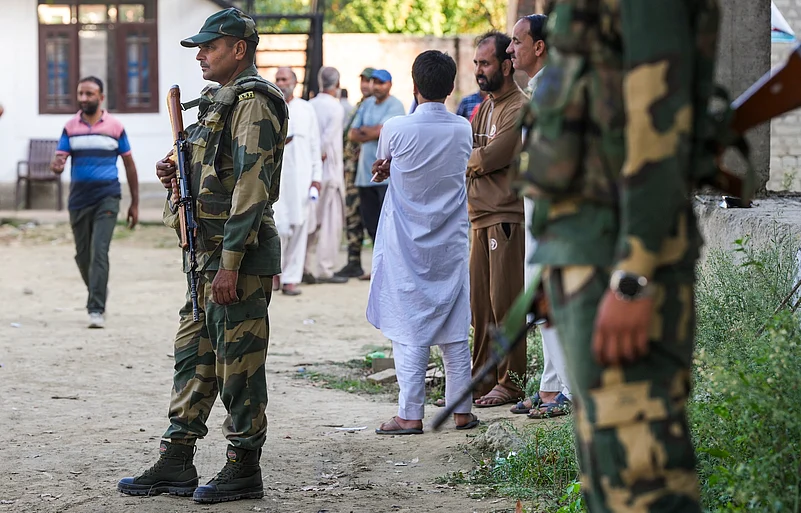
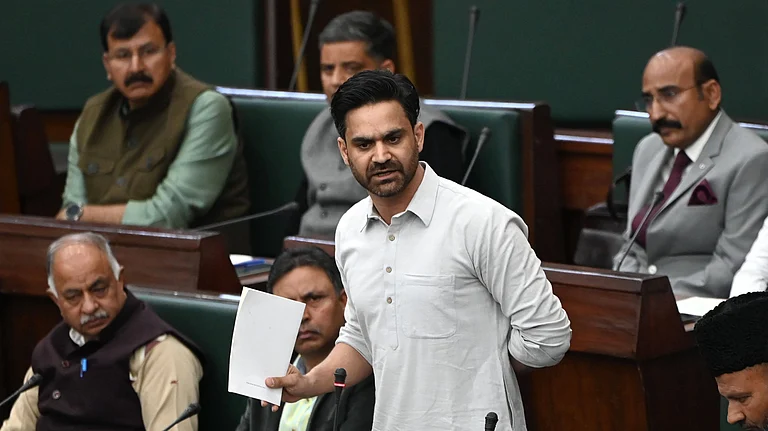
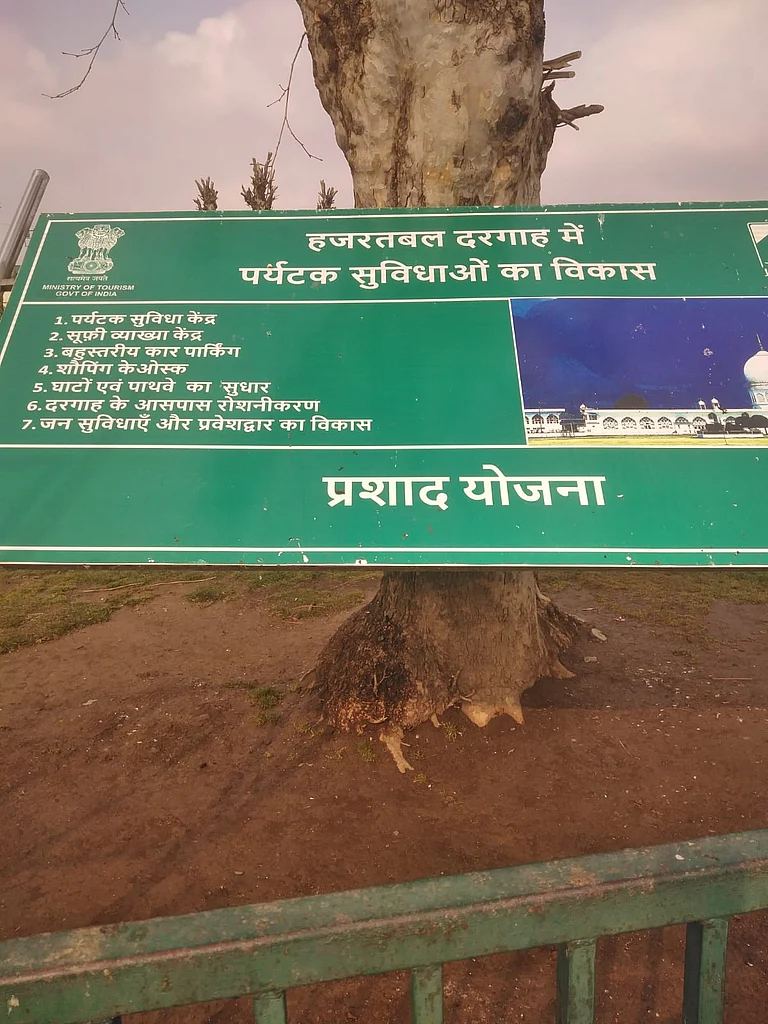
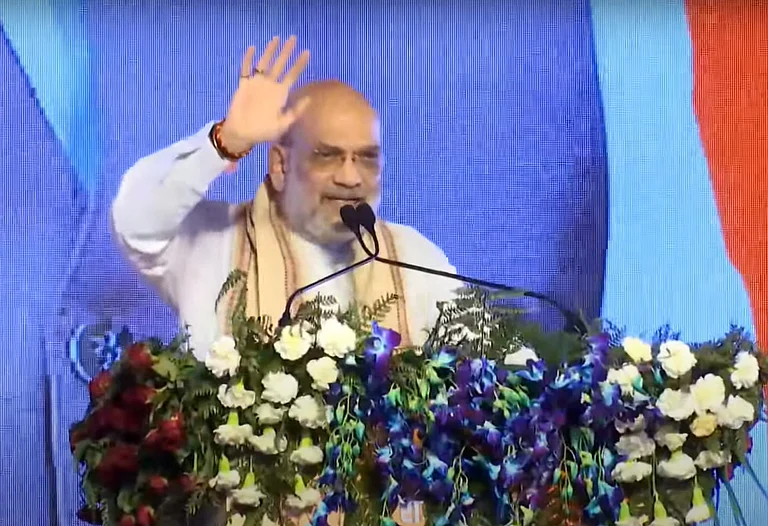









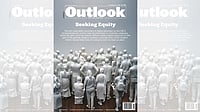


.png?w=200&auto=format%2Ccompress&fit=max)



